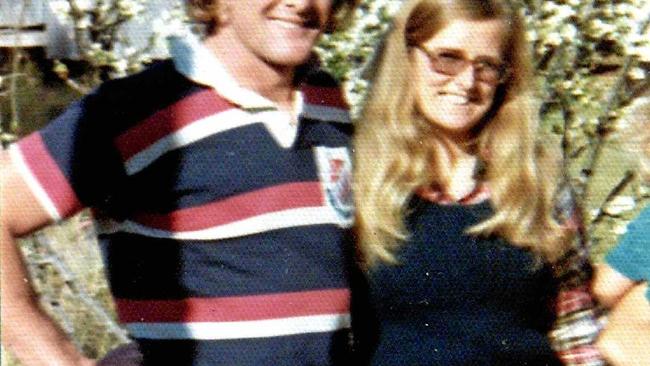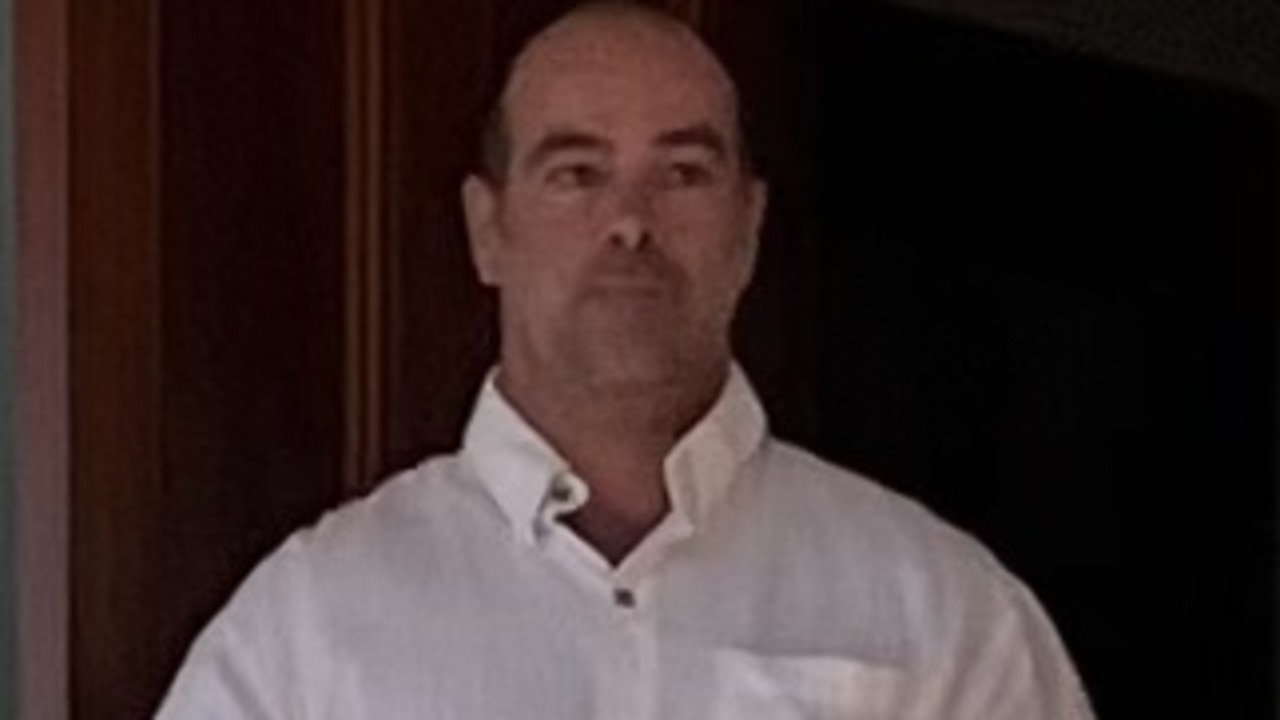Estate law could be an issue in the Lynette Dawson case
If Lynette died without leaving a Will in NSW her estate would have been distributed pursuant to the laws of intestacy

Tweed Heads
Don't miss out on the headlines from Tweed Heads. Followed categories will be added to My News.
A TEACHER, a schoolgirl, an affair, and a dead mother.
The case of missing woman Lynette Dawson lay cold in the archives of the NSW Police for 37 years until early this month.
Queensland Police swooped on a Biggera Waters home to arrest 70-year-old former Newtown Jets rugby league player and former P.E. teacher Chris Dawson at the request of NSW Police on Wednesday December 5.
Chris was extradited out of Queensland to be charged with the murder of Lynette on December 6, in Sydney, after a he was the subject of a popular investigative ABC podcast by The Australian, called The Teacher's Pet.
The podcast revealed the sad story of Lynette around the time of her mysterious disappearance from Sydney's northern beaches on January 9, 1982.
Aged 33, Lynette went missing just days before her husband Chris moved his schoolgirl lover into their family home.
Chris did not report Lynette missing to police for five weeks, telling her family when she went missing, she needed time away from home, and he continues to maintain his innocence.
While Chris maintains he had nothing to do with his wife's disappearance and the court investigate the matter, the horror case raises key issues over estate law.
Intestacy laws in the case of Lynette Dawson
It is not known if Lynette died leaving a valid Will. Chris was potentially able to claim Lynette's estate after she went missing.
If Lynette died without leaving a Will in NSW her estate would have been distributed pursuant to the laws of intestacy. Intestacy provides a statutory formula the distribution of an estate in the absence of a Will.
Under the intestacy rules if a person dies and leave a spouse and that person has children with that spouse then the spouse is entitled to the whole of your estate. Chris would have inherited Lynette's estate on her death.
The other likely possibility is that Lynette's assets may have been held jointly with her husband, Chris. Under the rules of survivorship the surviving owner under joint tenancy automatically absorbs a dying owner's share of the property.
Survivorship rules in Estate Law
It is likely after Lynette's disappearance in the 1980s - Chris would have taken Lynette's share of the Bayview property under the rules of survivorship. Where a person is not heard from for a period of seven years by those persons who would be expected to have communication with that person, then a Court may presume that person dead. This period may be less depending on the circumstances of the disappearance.
As of 1989 (seven years after Lynette's disappearance), according to the laws governing distributions of estates in NSW, a Court may have presumed Lynette to be dead and Chris would have been entitled to inherit her estate consisting of the Bayview home, which was constructed using funds provided by Lynette's parents. The property is now worth over $2 million.
Can a murder conviction affect intestacy and beneficiary rules?
If Chris is convicted with Lynette's murder, this conviction would essentially disqualify Chris from taking any financial benefit from her estate as a beneficiary. This is referred to as the forfeiture rule.
The forfeiture rule is a common law principle which provides that where a person is criminally responsible for the death of another from whose estate that person will benefit, then the person's interest in that property is forfeited.
Proceedings under the Forfeiture Act are commenced by summons in the Equity Division of the Supreme Court of NSW. Under the forfeiture rule, the person who has committed a crime is also excluded from benefiting from assets which don't necessarily form part of the estate i.e. as a result of joint tenancy.
For instance, if the Bayview property was held by Lynette and Chris as joint tenants, Chris would be prohibited from taking any benefit under the rules of survivorship.
If Chris is convicted of Lynette's murder he will be precluded from taking a benefit from her estate. Lynette's two daughters - who are now in their 30s - are likely to be considered the next in line to inherit her estateor any financial benefit Chris received as a result of Lynette's death.
A civil claim under 'the forfeiture rule'
Even if Chris is not convicted, a civil case can be launched seeking an order that on the balance of probabilities, he killed his wife and that the forfeiture rule applies.
Lynette's daughters could still apply for forfeiture of their mother's estate. The fact that person has been acquitted cannot be used as evidence of a person's innocence in civil proceedings.
If Lynette's daughters were to make a claim, the first question for the court to consider would be whether on the balance of probabilities Chris unlawfully killed Lynette. The second question for the court would be whether the forfeiture rule applied.
This would potentially be a very complex exercise involving forensic accounting to work out the current value of Lynette's estate, given Chris was able to use capital from her estate over a long period of time.
- Lucy McPherson is currently studying a Master of Applied Law (Wills and Estates).
- For an appointment call 1800 621 071.
- Attwood Marshall Lawyers has offices at Kingscliff, Robina, Coolangatta and Brisbane.


